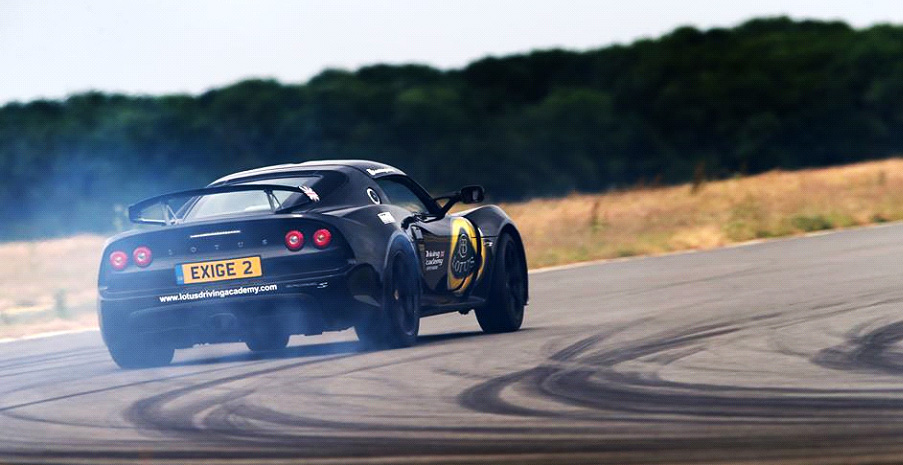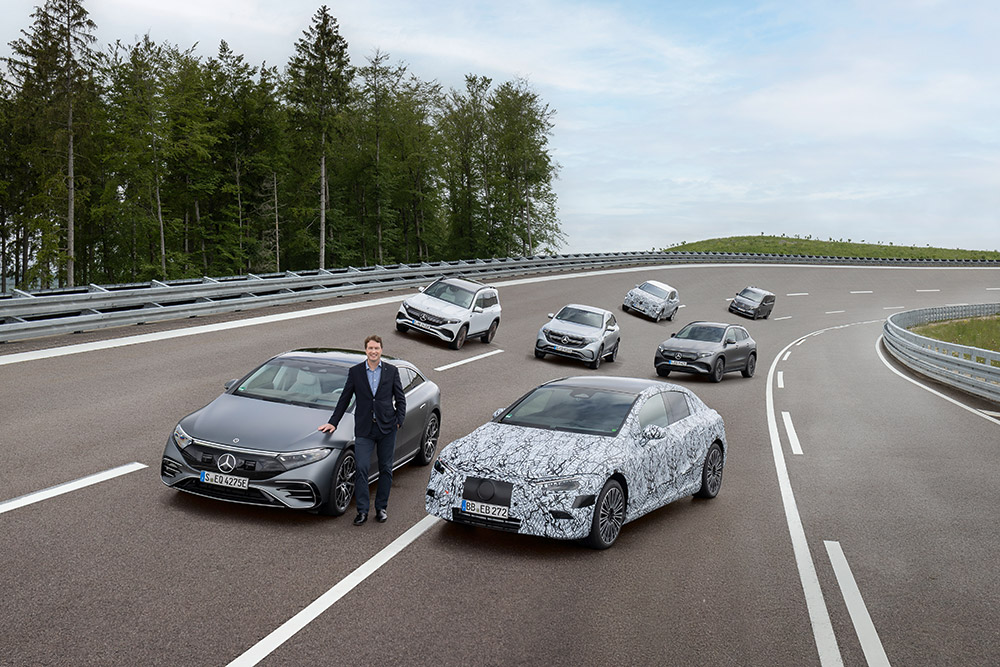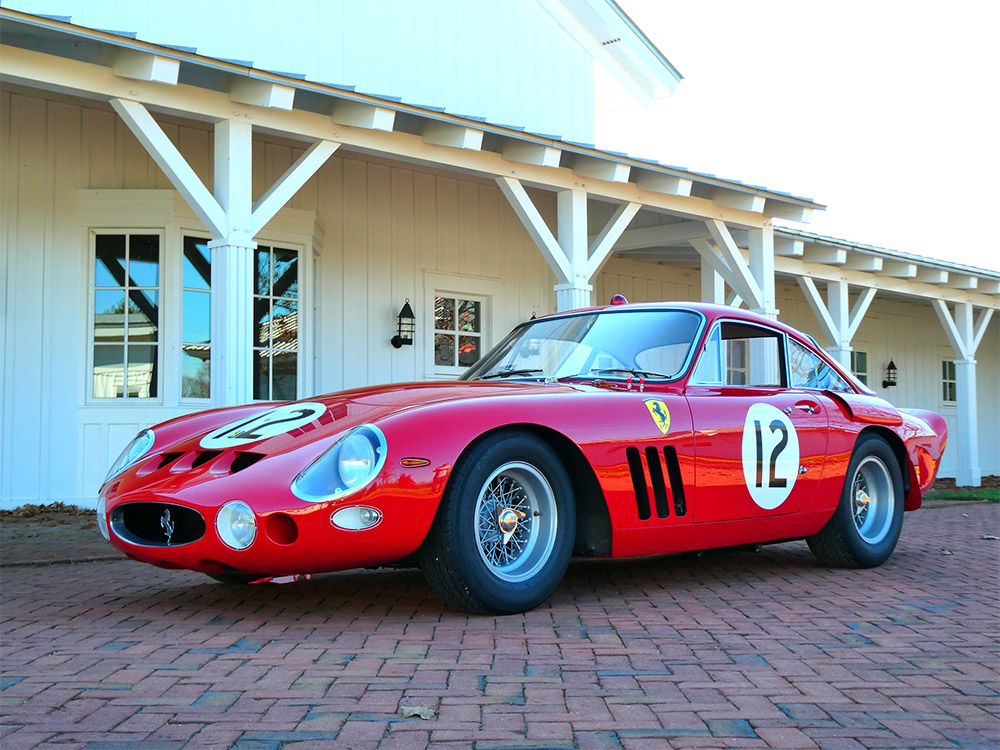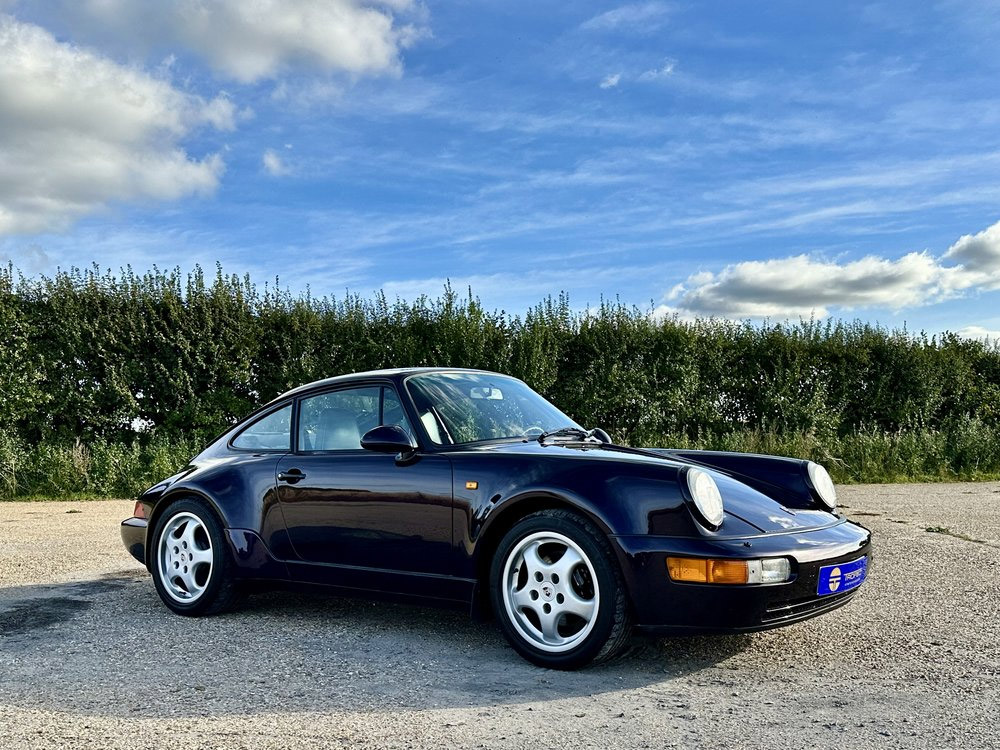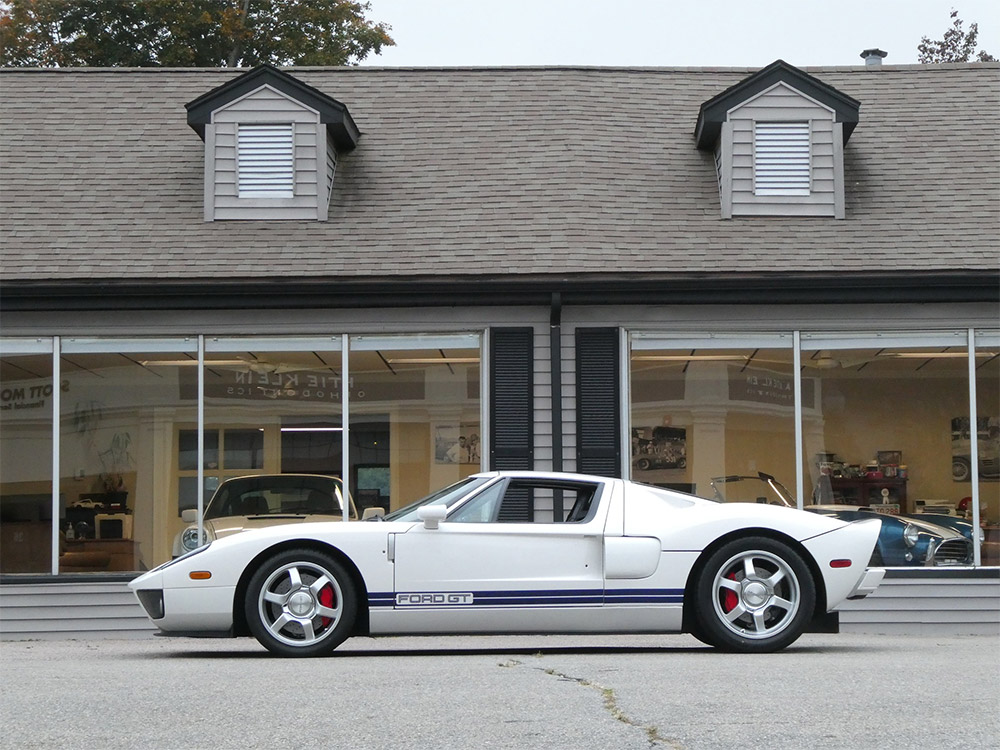Mercedes-Benz is getting ready to go all electric by the end of the decade, where market conditions allow. Shifting from electric-first to electric-only, the world’s pre-eminent luxury car company is accelerating toward an emissions-free and software-driven future.
By 2022, Mercedes-Benz will have battery electric vehicles (BEV) in all segments the company serves. From 2025 onwards, all newly launched vehicle architectures will be electric-only and customers will be able to choose an all-electric alternative for every model the company makes. Mercedes-Benz intends to manage this accelerated transformation while sticking to its profitability targets.
“The EV shift is picking up speed – especially in the luxury segment, where Mercedes-Benz belongs. The tipping point is getting closer and we will be ready as markets switch to electric-only by the end of this decade,” said Ola Källenius, CEO of Daimler AG and Mercedes-Benz AG. “This step marks a profound reallocation of capital. By managing this faster transformation while safeguarding our profitability targets, we will ensure the enduring success of Mercedes-Benz. Thanks to our highly qualified and motivated workforce, I am convinced that we will be successful in this exciting new era.”
To facilitate this shift, Mercedes-Benz is unveiling a comprehensive plan which includes significantly accelerating R&D. In total, investments into battery electric vehicles between 2022 and 2030 will amount to over €40 billion. Accelerating and advancing the EV portfolio plan will bring forward the tipping point for EV adoption.
Technology Plan
Architectures: In 2025 Mercedes-Benz will launch three electric-only architectures:
- MB.EA will cover all medium to large size passenger cars, establishing a scalable modular system as the electric backbone for the future EV portfolio.
- AMG.EA will be a dedicated performance electric vehicle platform addressing technology and performance oriented Mercedes-AMG customers.
- VAN.EA ushers in a new era for purpose made electric vans and Light Commercial Vehicles, which will contribute to emission free transportation and cities in the future.
Vertical integration: After reorganising its powertrain activities to put planning, development, purchasing and production under one roof, Mercedes-Benz will deepen the level of vertical integration in manufacturing and development, and insource electric drive technology. This step includes the acquisition of UK based electric motor company YASA. With this deal, Mercedes-Benz gains access to unique axial flux motor technology and expertise to develop next generation ultra-high performance motors. In-house electric motors, such as the eATS 2.0, are a key part of the strategy with a clear focus on efficiency and the overall cost of the entire system, including inverters and software. China, the world’s largest new energy vehicle (NEV) market, which is home to hundreds of companies and suppliers specialized in EV components and software technologies, is expected to play a key role in accelerating the Mercedes-Benz electrification strategy.
Batteries: Mercedes-Benz will need a battery capacity of more than 200 Gigawatt hours and plans to set up eight Gigafactories for producing cells, together with its partners around the world. This is in addition to the already planned network of nine plants dedicated to building battery systems. Next generation batteries will be highly standardized and suitable for use in more than 90% of all Mercedes-Benz cars and vans while being flexible enough to offer individual solutions to all customers. With regard to cell manufacturing, Mercedes-Benz intends to team up with new European partners to develop and efficiently produce future cells and modules, a step which ensures that Europe remains at the heart of the auto industry even in an electric era. Cell production will give Mercedes-Benz the opportunity to transform its established powertrain production network. By continuously integrating the most advanced battery cell technology in cars and vans, Mercedes-Benz aims to increase range during the production lifecycle of a model. With the next battery generation, Mercedes-Benz will work with partners like SilaNano to further increase energy density by using silicon-carbon composite in the anode. This will allow for unprecedented range and even shorter charging times. When it comes to solid-state technology, Mercedes-Benz is in talks with partners to develop batteries with even higher energy density and safety.
Charging: Mercedes-Benz is also working on setting new standards in charging: “Plug & Charge” will allow customers to plug-in, charge and unplug without extra steps needed for authentication and payment processing. Plug & Charge will go live with the market launch of the EQS later this year. Mercedes me Charge is already one of the world’s largest charging networks and currently comprises more than 530,000 AC and DC charging points worldwide. Furthermore, Mercedes-Benz is working with Shell on expanding the charging network. Customers will get enhanced access to Shell’s Recharge network consisting of over 30.000 charge points by 2025 in Europe, China, and North America – including over 10.000 high-power chargers globally. Mercedes-Benz is also planning to launch several premium-charging sites in Europe, which will offer a bespoke charging experience with top-notch facilities.
VISION EQXX: Mercedes-Benz is currently developing the Vision EQXX, an electric car with a real world range of more than 1,000 kilometres, targeting a single-digit figure for Kwh per 100 kilometres (over 6 miles per Kwh) at normal highway driving speeds. A multi-disciplinary team including experts from Mercedes-Benz’s F1 High Performance Powertrain division (HPP) is making rapid progress towards the project’s ambitious goals. The world premiere will be in 2022. Technological advances made with Vision EQXX will be adapted and applied for potential use in new electric architectures.
Production Plan
Mercedes-Benz is currently preparing its global production network for electric-only output with the pace of the ramp-up designed to follow market demand. Thanks to early investments into flexible manufacturing, and the state-of-the art MO360 production system, Mercedes-Benz can mass produce BEVs already today. As soon as next year, eight Mercedes-Benz electric vehicles will be produced at seven locations on three continents. Furthermore all passenger car and battery assembly sites run by Mercedes-Benz AG will switch to carbon neutral production by 2022. To enhance manufacturing efficiency, Mercedes-Benz is joining forces with GROB, a German global leader in highly innovative battery production and automation systems, strengthening its battery production capacity and know-how. The cooperation focuses on battery module assembly as well as pack assembly. Mercedes-Benz also plans to install a new battery recycling factory in Kuppenheim, Germany, to develop and secure recycling capacity and know-how. Start of operations will be in 2023, depending on the outcome of promising discussions with public authorities.
People Plan
The transition from internal combustion engines to electric vehicles is feasible and already underway at Mercedes-Benz. Working together with employee representatives, Mercedes-Benz will continue the transformation of its workforce, making use of extensive re-skilling schemes, early retirement as well as buyouts. TechAcademies will be offering colleagues training for future-oriented qualifications. In 2020 alone, about 20,000 employees in Germany were trained in aspects of e-mobility. To deliver on plans for developing the MB.OS operating system, 3,000 new software engineering jobs will be created worldwide.
“Our main duty in this transformation is to convince customers to make the switch with compelling products. For Mercedes-Benz, the trailblazing EQS flagship is only the beginning of this new era,” Källenius said.

